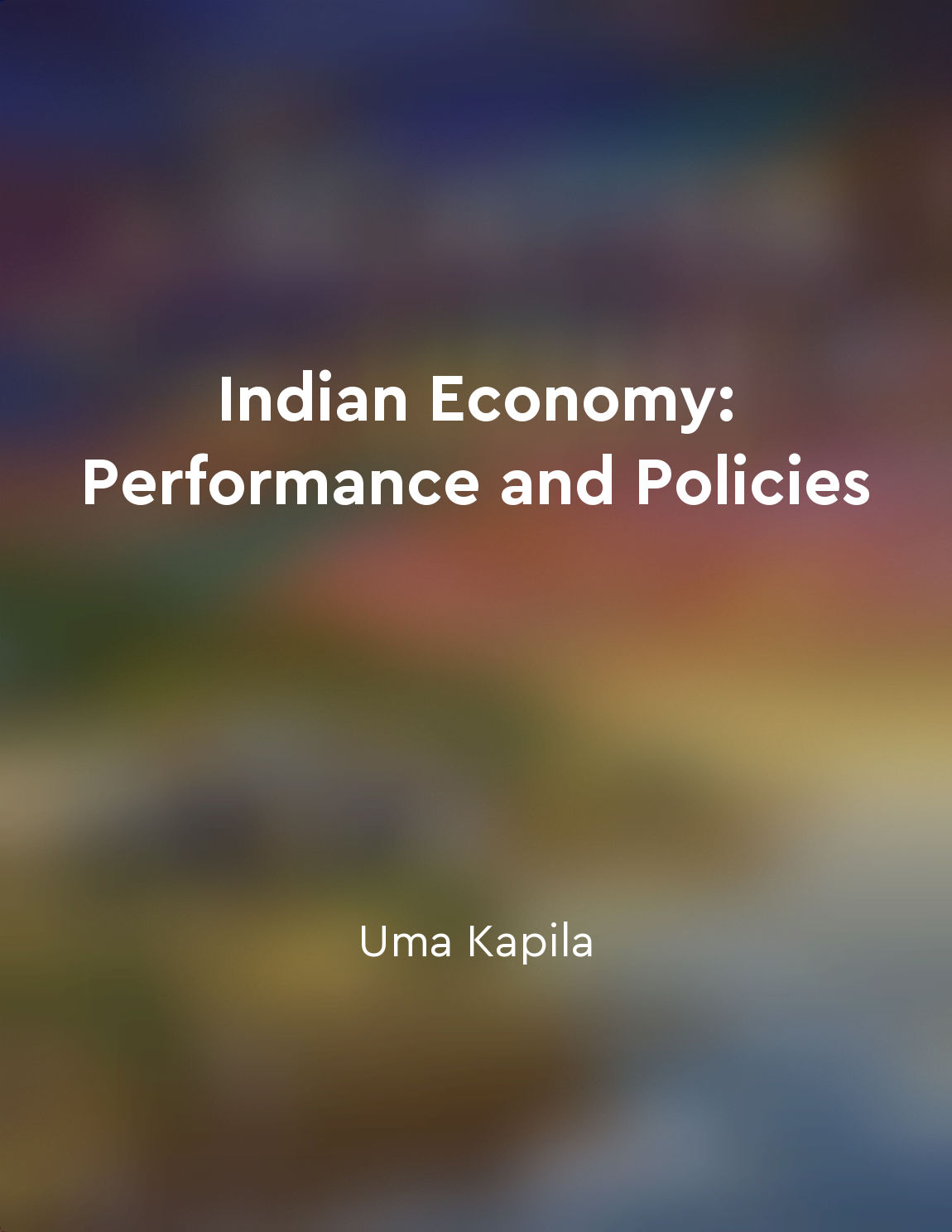Challenges faced by Scheduled Castes in accessing resources from "summary" of Report of the Committee on Untouchability, Economic and Educational Development of the Scheduled Castes and Connected Documents, 1969 by India. Committee on Untouchability, Economic and Educational Development of the Scheduled Castes
The Scheduled Castes face numerous challenges when it comes to accessing resources that are essential for their economic and educational development. One of the most significant obstacles is the lack of access to land, which is a fundamental resource for agriculture and livelihoods in rural areas. Due to historical social and economic marginalization, many Scheduled Caste individuals are landless or have very small landholdings, leading to a cycle of poverty and deprivation. In addition to land, access to credit is another critical resource that is often inaccessible to Scheduled Castes. Without access to formal banking institutions or financial support, many individuals from this community are forced to rely on exploitative moneylenders who charge exorbitant interest rates, further trapping them in debt and poverty. This lack of financial resources hampers their ability to invest in education, entrepreneurship, or other income-generating activities. Furthermore, the Scheduled Castes also face challenges in accessing educational resources, such as schools, teachers, and educational materials. Discrimination and social exclusion often result in lower enrollment rates, higher dropout rates, and lower educational attainment among Scheduled Caste children compared to their higher-caste counterparts. This lack of educational opportunities perpetuates the cycle of poverty and limits their ability to break free from the constraints of their social status.- The challenges faced by Scheduled Castes in accessing resources are deeply intertwined with historical and systemic inequalities that have marginalized this community for generations. Addressing these challenges requires comprehensive and targeted interventions that address not only the immediate barriers to resource access but also the underlying social, economic, and political structures that perpetuate inequality and discrimination. Until these structural barriers are dismantled, the Scheduled Castes will continue to face significant challenges in accessing the resources they need to thrive and succeed.
Similar Posts
Dr. Ambedkar's teachings remind us of the importance of upholding justice and equality
Dr. Ambedkar's teachings emphasize the fundamental importance of justice and equality in society. He believed that these princi...

The novel challenges the reader to confront their own biases and prejudices
The reader is compelled to face their own biases and prejudices while reading the novel "Untouchable" by Mulk Raj Anand. Throug...

Features of Indian Federalism
Federalism in India is a unique concept that has been adopted to address the diverse needs and interests of a vast and varied c...
Chola dynasty was a powerhouse in South India
The Chola dynasty, which ruled over parts of South India from the ninth to thirteenth centuries, is considered a powerhouse in ...
The judiciary interprets the Constitution
The Constitution is the supreme law of the land, providing a framework for the governance of the country. It lays down the fund...
India's rich tradition of art and literature continues to thrive
India's rich tradition of art and literature is deeply rooted in the country's history, stretching back thousands of years. Fro...
The future of South Asia holds both opportunities and challenges for the region and the world
The region of South Asia is poised at a critical juncture in history, with a future that is filled with both promise and peril....

Energy environment sustainability concerns
The issue of sustainability in the context of energy and the environment has become a critical concern in recent times. As coun...
Rise of extremist leaders like Bal Gangadhar Tilak
The early years of the 20th century saw the emergence of extremist leaders like Bal Gangadhar Tilak who played a crucial role i...
Promoting sustainable agricultural practices for food security
One of the key strategies to ensure food security for the 3 billion people living in rural areas is by promoting sustainable ag...

